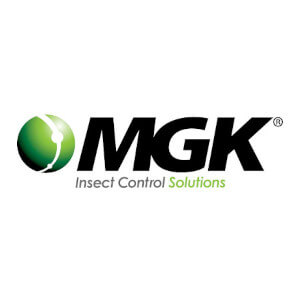This season, MGK is partnering with the National Pest Management Association (NPMA) to help both PMPs and the general public manage the summer’s most annoying and harmful pests.
From stinging insects that send over 500,000 Americans to the ER every year, to mosquitoes and ticks capable of transmitting diseases, and nuisance pests like ants that can cause structural damage, MGK has expert resources to help PMPs control them all.
PMP Resources to Manage Summer Pests
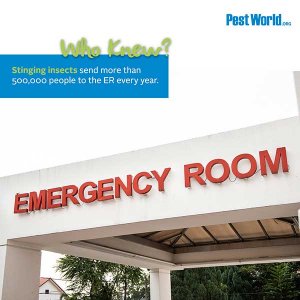
Biting and stinging insects, such as wasps, ticks and mosquitoes, are common pest problems for homeowners in the summer. They’ll likely be calling on you to help keep their outdoor areas pest-free.
It’s important to have products on-hand that can treat the perimeter surrounding the house and yard to not only manage pests outside, but also to make sure they don’t enter the house.
Tips & Tricks for Perimeter Treatments
You can stay in control of perimeter pests with the following tips:
- Conduct a thorough inspection around the perimeter of the home, including the lawn, foliage, trees, eaves, weep holes, siding, cracks and crevices, and other potential harborage or breeding areas.
- Remove all conducive conditions.
- Treat all harborage areas, as well as areas that pests may frequent.
- Treat 3 feet up the foundation of the structure, around windows, eaves, and entryways.
- Spot treat areas where pests are present.
- When using a pyrethroid, do not broadcast spray the entire side of a structure or impervious surfaces such as sidewalks.
- Treat around electrical sockets, pipes entering the structure, cracks and crevices, and weep holes.
- If pests are located on the lawn, broadcast spray infested areas.
- Choose a fast-acting product with a flexible label that’s approved for outdoor treatments, including outdoor broadcast.
Product Recommendations
MGK has several innovative products to improve your perimeter treatment protocol.
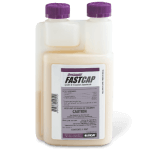
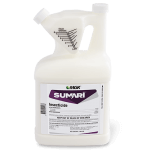
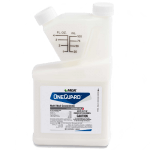
Get Onslaught® FastCap to treat biting and stinging pests* with a powerful fast-kill formula and controlled release technology for continuous kill.
Use Sumari® Insecticide when you need fast-acting and long-lasting residual control of ants* and are looking to boost productivity and reduce call backs.
Grab OneGuard® when you want the combined power of a knockdown agent, long-lasting insecticide, synergist and IGR to manage mosquitoes and a broad spectrum of other insects*.
*See product labels for full list of pests killed or controlled
Homeowner Tips to Avoid Summer Pests
To help your customers avoid pest threats this summer, feel free to share the following prevention tips from MGK and NPMA:
- Mosquito activity peaks around dawn and dusk, so avoid the outdoors at those times to reduce the likelihood of getting bitten.
- Be sure to properly apply an EPA-registered insect repellent with at least 20% DEET to deter biting pests.
- Wear long pants, long-sleeved shirts and closed-toe shoes when outdoors, especially in wooded areas or tall grasses, to prevent tick bites.
- Keep tree branches and other plants cut back from the house to reduce access points for pests like ants.
- Avoid wearing cologne, perfumes or other sweet-smelling products, as these can attract stinging insects and mosquitoes.

